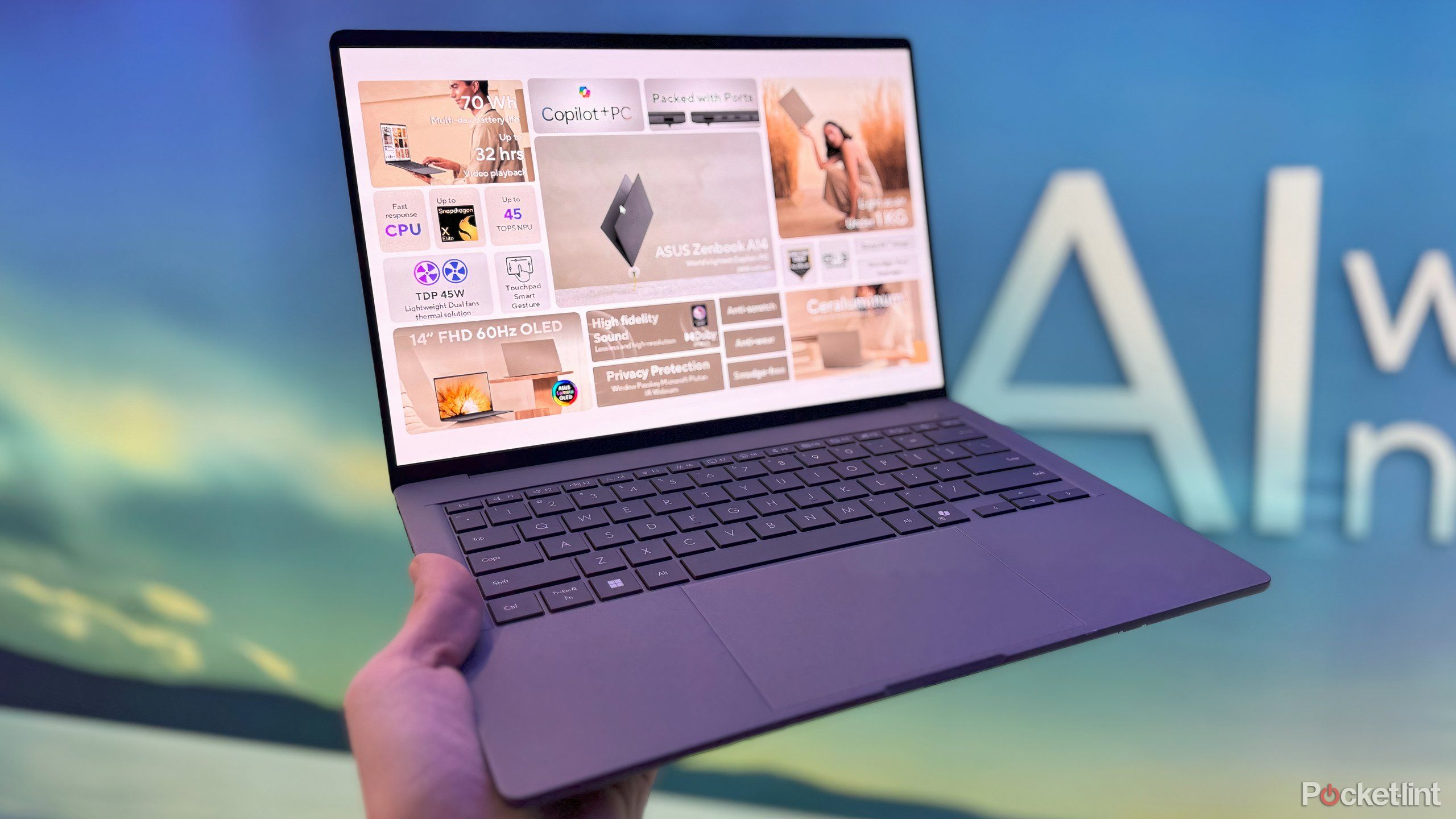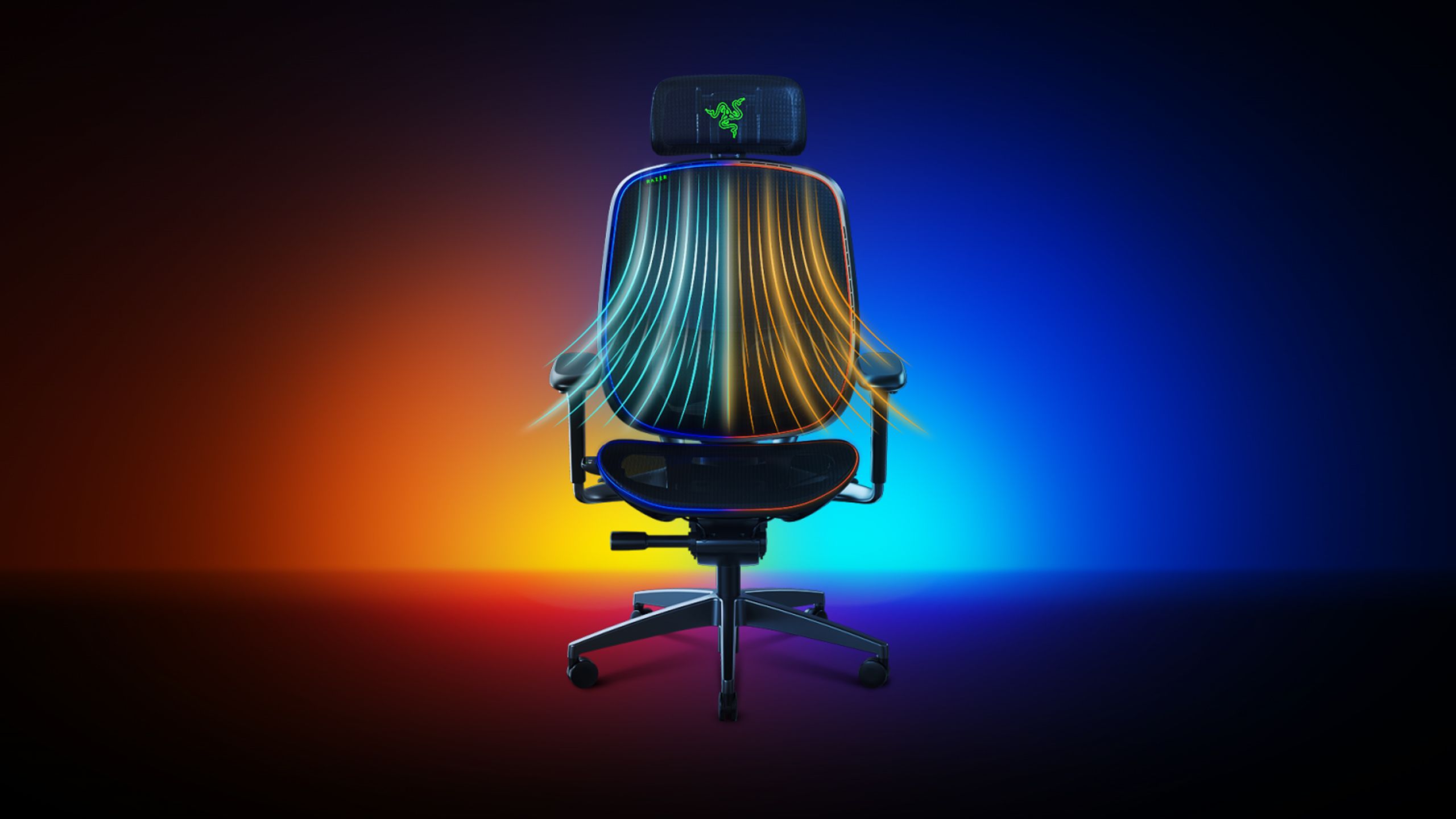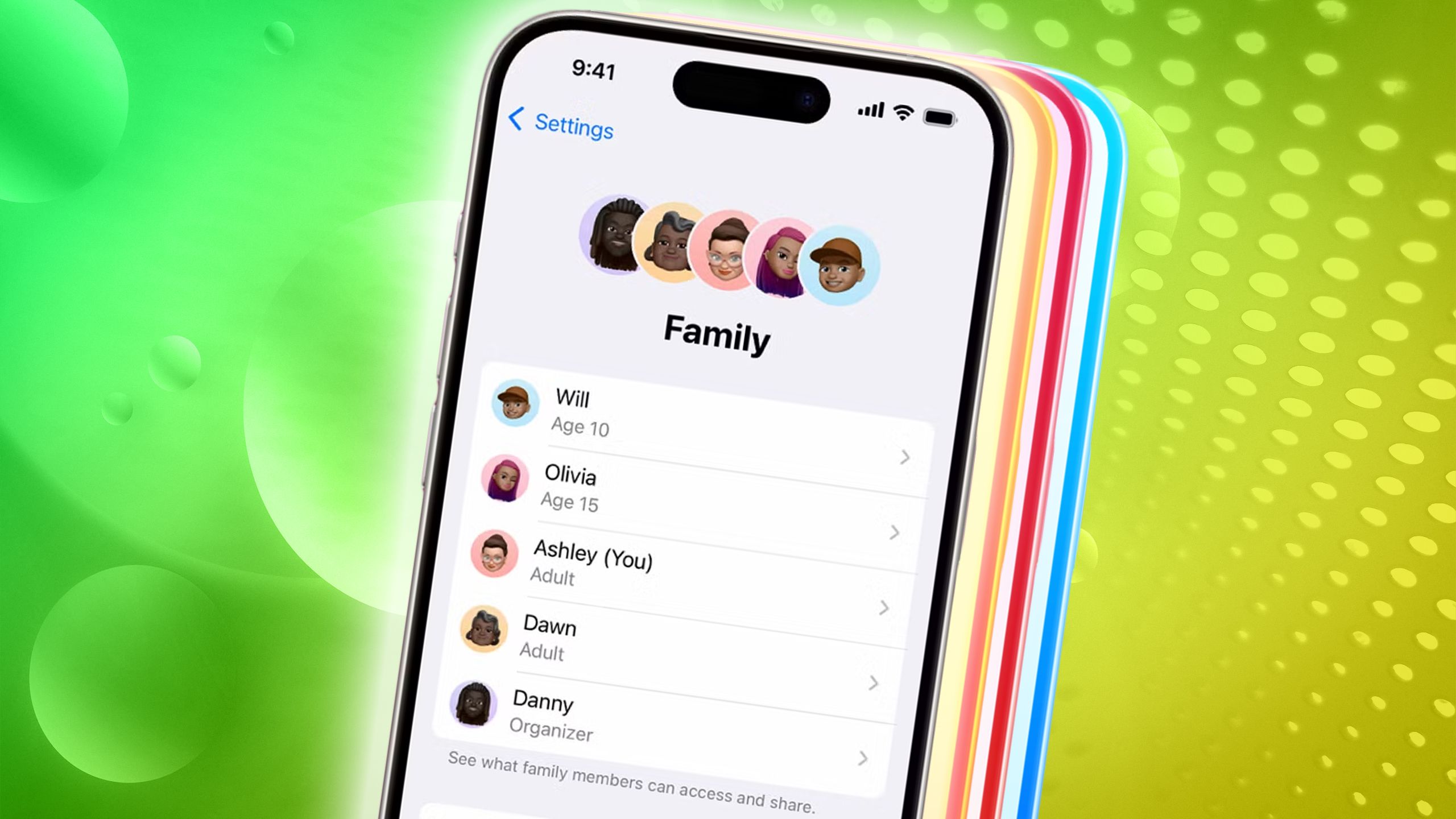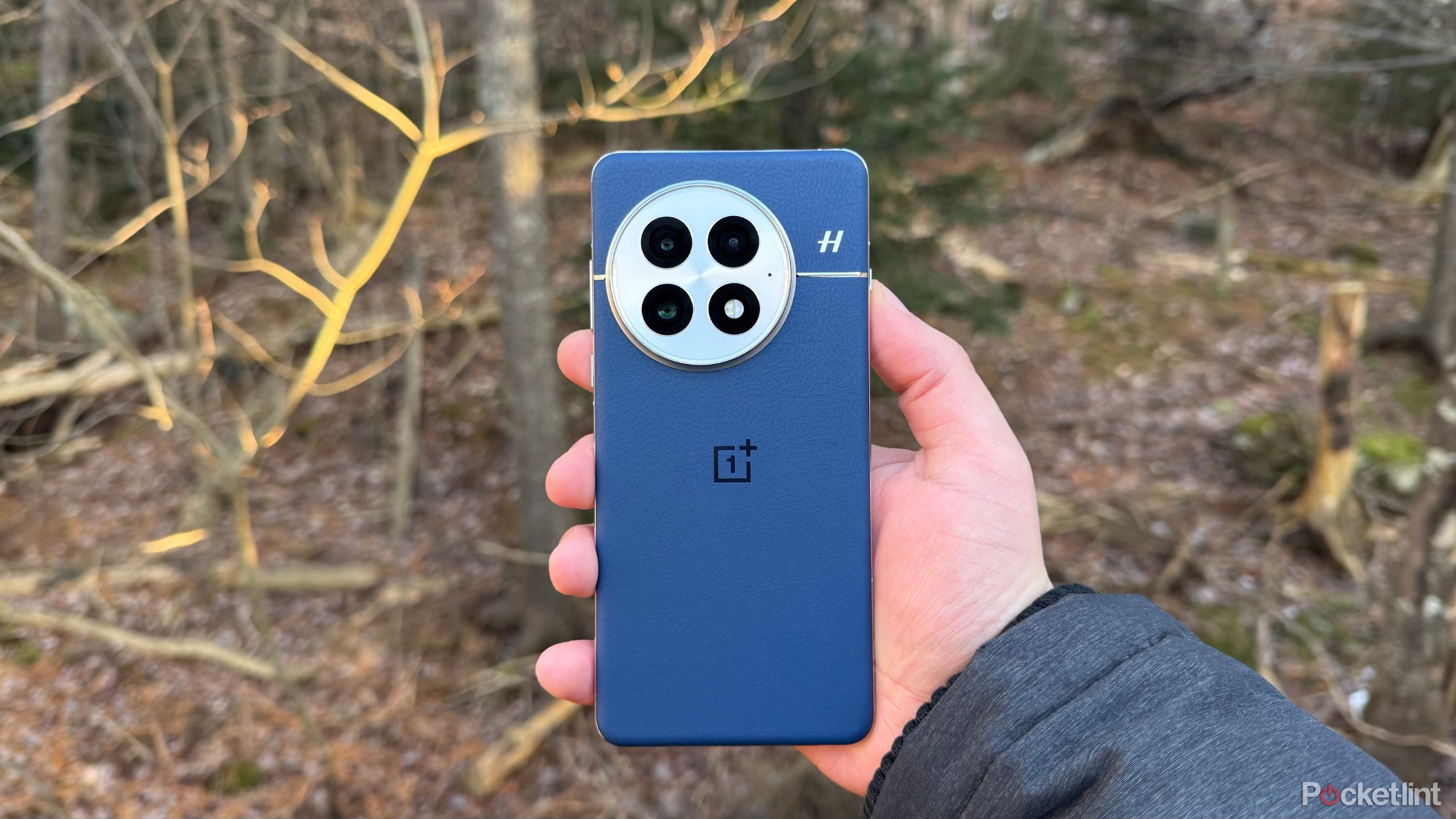Gemma, Google’s new open-source AI model, could make your next chatbot safer and more responsible
[[{“value”:”
Google has unveiled Gemma, an open-source AI model that will allow people to create their own artificial intelligence chatbots and tools based on the same technology behind Google Gemini (the suite of AI tools formerly known as Bard and Duet AI).
Gemma is a collection of open-source models curated from the same technology and research as Gemini, developed by the team at Google DeepMind. Alongside the new open-source model, Google has also put out a ‘Responsible Generative AI Toolkit’ to support developers looking to get to work and experiment with Gemini, according to an official blog post.
The open-source model comes in two variations, Gemma 2B and Gemma 7B, which have both been pre-trained to filter out sensitive or personal information. Both versions of the model have also been tested with reinforcement learning from human feedback, to reduce the potential of any chatbots based on Gemma from spitting out harmful content quite significantly.
A step in the right direction
While it may be tempting to think of Gemma as just another model that can spawn chatbots (you wouldn’t be entirely wrong), it’s interesting to see that the company seems to have genuinely developed Gemma to “[make] AI helpful for everyone” as stated in the announcement. It looks like Google’s approach with its latest model is to encourage more responsible use of artificial intelligence.
Gemma’s release comes right after OpenAI unveiled the impressive video generator Sora, and while we may have to wait and see what developers can produce using Gemma, it’s comforting to see Google attempt to approach artificial intelligence with some level of responsibility. OpenAI has a track record of pumping features and products out and then cleaning up the mess and implementing safeguards later on (in the spirit of Mark Zuckerberg’s ‘Move fast and break things’ one-liner).
One other interesting feature of Gemma is that it’s designed to be run on local hardware (a single CPU or GPU, although Google Cloud is still an option), meaning that something as simple as a laptop could be used to program the next hit AI personality. Given the increasing prevalence of neural processing units in upcoming laptops, it’ll soon be easier than ever for anyone to take a stab at building their own AI.
You might also like…
ChatGPT is broken again and it’s being even creepier than usual – but OpenAI says there’s nothing to worry aboutWhat is Google Gemini? Everything you need to know about Google’s next-gen AIAs OpenAI’s Sora blows us away with AI-generated videos, the information age is over – let the disinformation age begin
“}]]







